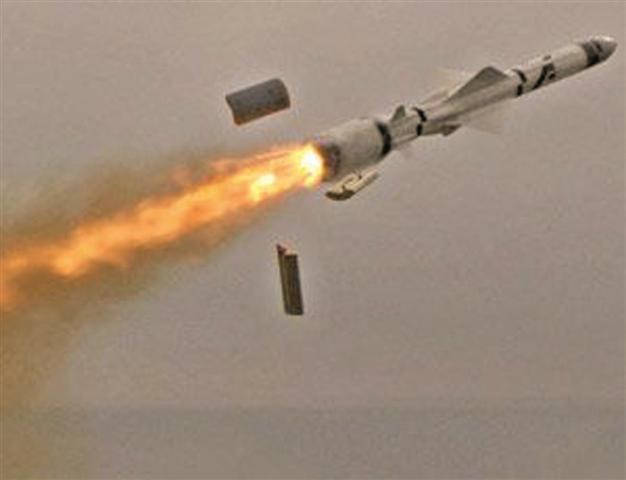Analysts question need for long-range air defense
ANKARA - Hürriyet Daily News

Given their installation expense and limited capabilities, many analysts question Turkey’s need for long-range missiles.
A Turkish Long-Range Air- and Missile-System (T-Loramids) could be at the building stage within a few months, but many defense analysts have voiced concern given the system’s huge installment expenses and limited capabilities. The country’s biggest enemy is the outlawed Kurdistan Workers Party (PKK), which barely has any air assets and does not present a missile or aircraft threat.The T-Loramids is a $4 billion program to buy long-range missile and air-defense systems. For the contract, the pan-European Eurosam, maker of the SAMP/T Aster 30, is competing with a U.S. partnership, composed of Raytheon and Lockheed Martin, maker of Patriot air defense systems; Russia’s Rosoboronexport, marketing the S300; and China’s CPMIEC (China Precision Machinery Export-Import Corp.), offering its HQ-9.
The Defense Industry Executive Council, made up of Prime Minister Recep Tayyip Erdoğan, Defense Minister İsmet Yılmaz, Chief of General Staff Gen. Necdet Özel and Murad Bayar, chief of the Undersecretariat for Defense, conducted its last meeting in July, after which officials said talks would continue with four key foreign suppliers. Turkey presently has no long-range air-defense systems. All the systems in theory are capable of hitting an incoming aircraft or missile.
Many Western officials and experts have said the Russian and the Chinese systems in the Turkish competition are not compatible with NATO systems. Their potential eventual victory could inadvertently provide them with access to classified NATO information and, as a result, may compromise NATO’s procedures. Despite this criticism, Turkey has so far ruled out expelling the Chinese and Russian options, saying there is no need to exclude them.
In Kürecik in eastern Turkey, NATO has set up a multinational radar system with elements in Qatar.
Not against al-Assad
As for Syria, which has very hostile relations with Turkey, the systems will not be ready for years. “Those systems will be ready only years after President Bashar al-Assad is [gone]. The Turkish Air Force is far stronger than that of Syria, and may punish Syria if Damascus does something stupid,” said one defense analyst, who asked not to be named.
Another analyst, however, offered his support to the system. “It is always good to have such systems against a foe like Iran. You don’t have a friend like America each time,” he said.
Many analysts point to the fact that half of the money, around $2 billion, will remain in the hands of local partners, meaning Turkey, no matter who wins the contest.
Procurement officials have said they will pursue the T-Loramids as long as the country’s decision-makers provide their support.
“Obviously the ultimate authority to decide will be the Defense Industry Executive Committee, which will decide in the next few month and we will go the way they decide. But I don’t think they will abandon this project so long after it started.”
















